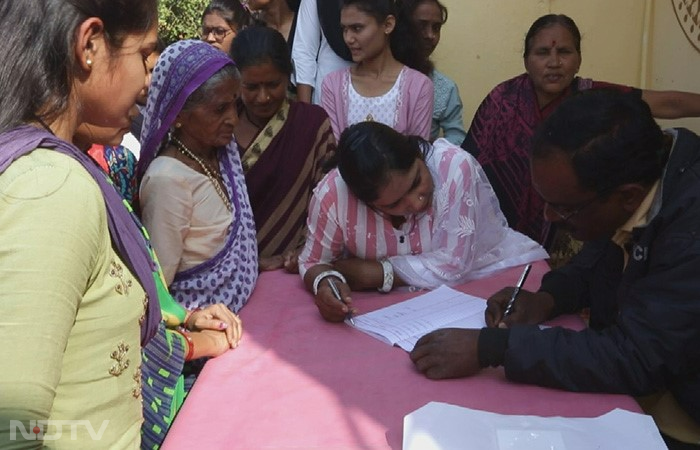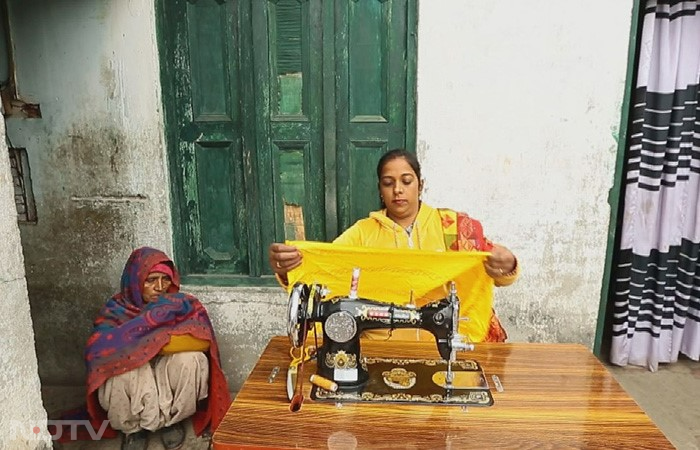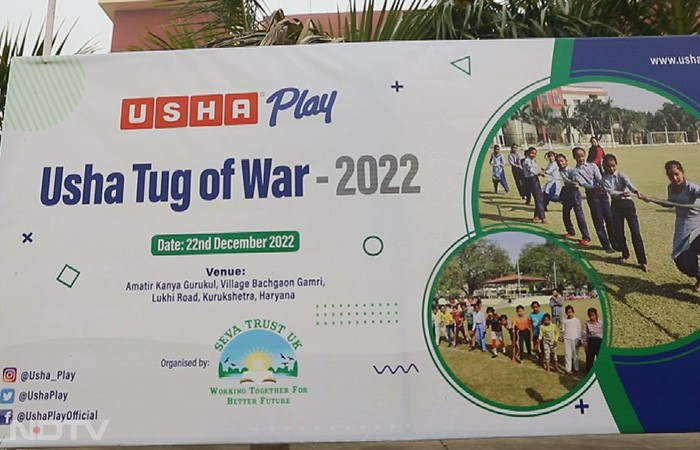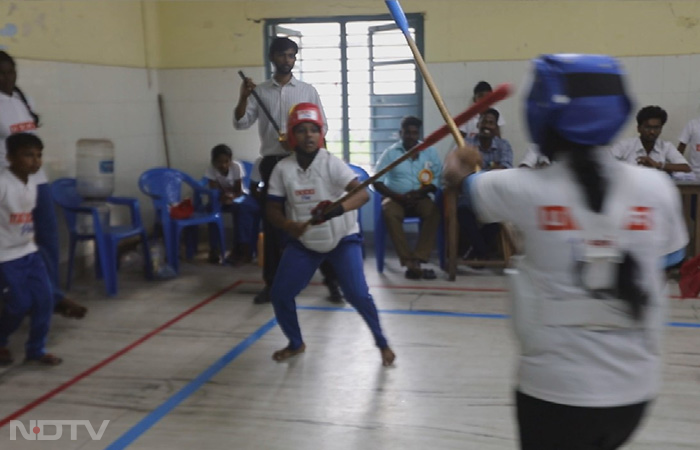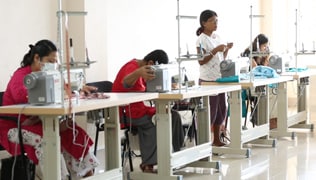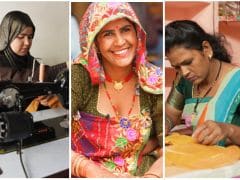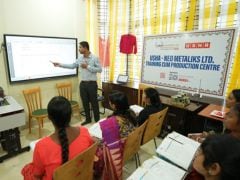USHA Silai School Women Promote And Revive Rural Traditional Sports Across India
India is home to a wide variety of traditional sports. But over the years we have lost touch with our majestic sporting culture and many sports are even on the verge of dying. To re-familiarise the long-lost sports activities, USHA has stepped up to promote various traditional sports across India with the help of women of Silai Schools.
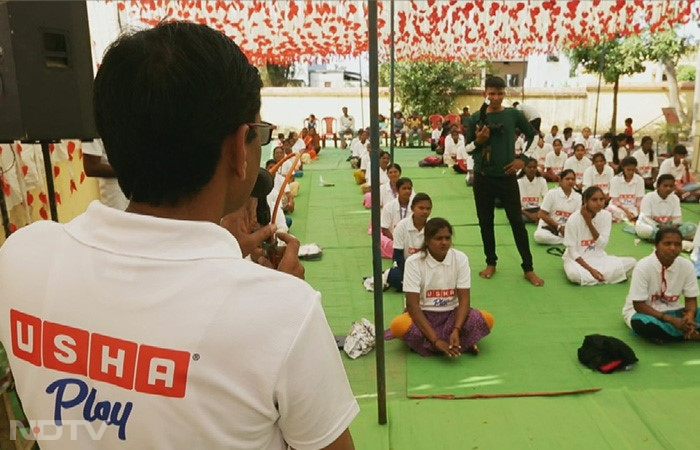
It's the morning of the yoga camp, and the women of Lakhori are walking to the local Ayush Kendra for their first ever yoga session. USHA has built a trusting relationship with both young and old people. That's why it has only taken one call by the Usha master trainer for so many women from Lakhori and elsewhere in the tehsil to come for yoga.
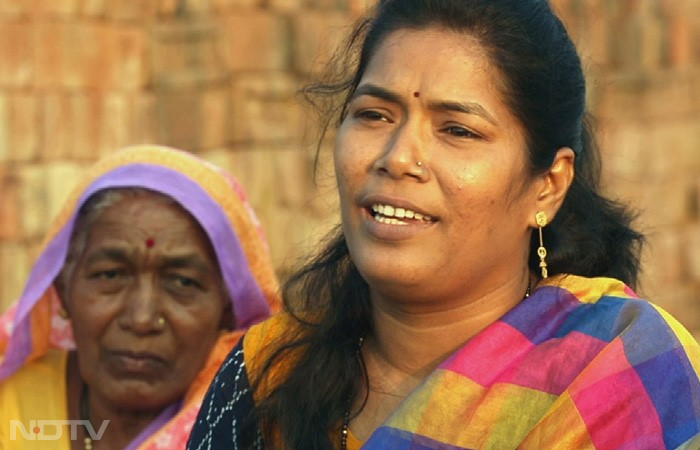
Varsha has gathered many women from the village and from Lakhani tehsil, to talk about the importance of being ?skilled'. But it isn't just skills and livelihoods that Varsha teaches. She is also talking about the importance of health for women, especially working women. She's encouraging them to come for the first ever yoga session organised by USHA in their village.
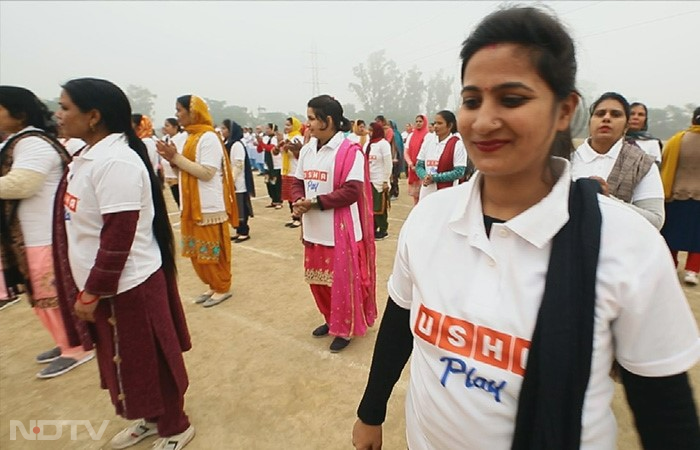
From literacy to money matters, nutrition and health to livelihood, empowering a woman means empowering her family, her society, and her community. Their health and well-being depend on her health and well-being. And if the woman of the house inculcates a healthy lifestyle in her children from an early age, leading by example, then an entire generation can be made conscious of good health.
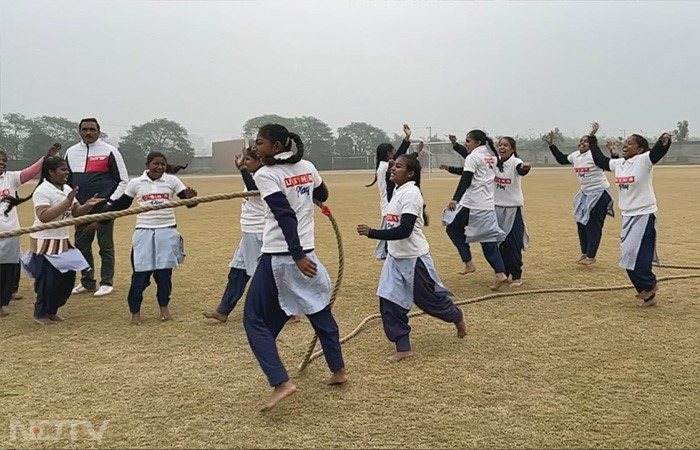
Tug of War was part of the Olympics from 1900 to 1920, and the sport is now lobbying to be included once again. Regardless of what happens on the world stage, its popularity needs to grow at the grassroots level. And that is USHA's active focus: bringing these sports back into public consciousness and increasing local interest in them.
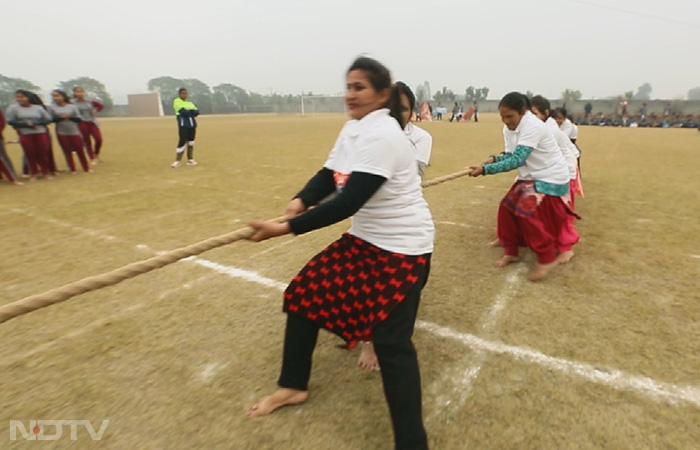
In bringing these women out of their houses, away from their chores, to experience the simple pleasures of life, Usha is helping break gender biases. As these women's hands firmly grasp the heavy jute fibres of the rope and pull for their lives, but with a smile on their faces, it is clear that given the chance, not only can women do anything, but in strengthening their hands lies the growth of their family, community, and, eventually, the country.
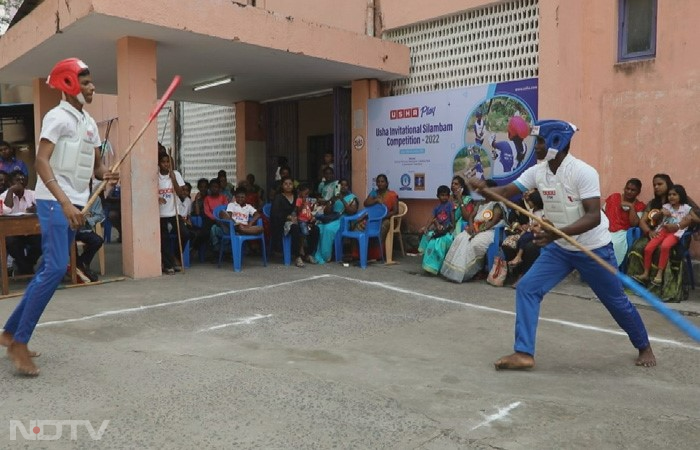
Silambam, a self-defense martial art, is played using a cane or a stick and was practised in neighbouring Tamil Nadu as early as the 4th century BC. It had even become part of the ancient military. However, over the years, it lost its charm as modern sports caught the public's fancy, and now the sport is making a comeback.
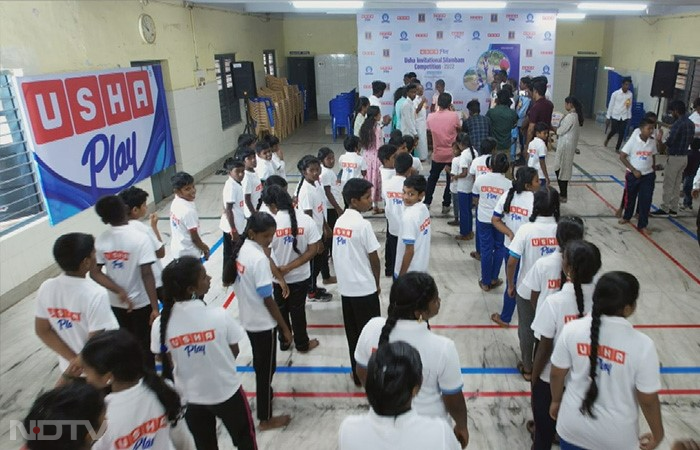
The meet drew many from the outskirts of Puducherry, where children face a dearth of Silambam coaches. Many want the Puducherry government to follow the Tamil Nadu model, where Silambam is a school game with training and practise facilities during school hours, besides incentives for college admissions and job opportunities.
Adopt a Silai School
About the Initiative
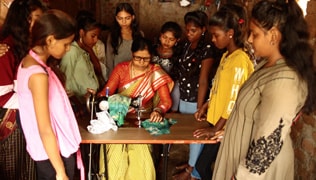
Kushalta Ke Kadam, an initiative by USHA Silai School and NDTV has entered its eighth season. The aim is to empower more women across rural India by teaching them sewing skills and helping them open new doors of opportunities for themselves. The initiative encourages rural women to become financially independent and entrepreneurs by taking up sewing and training others in their respective communities.
Since 2011, the USHA Silai School initiative has trained more than 12 lakh rural women through over 33,000 Silai schools, spanning over 20,751 villages across India.
The women earn Rs. 4,000 – 5,000 per month on an average, with the highest recorded monthly earning being Rs. 84,000 in a month. This earning works as a catalyst towards building their self-confidence, reducing gender inequities, and raising their stature within their families and in society at large.
Latest Stories
- Team NDTV | Monday February 16, 2026
Odisha's Suchismita Sahu, Rajasthan's Preeti Prajapat, Manipur's Akhirun—Usha Silai School's Kushalta Ke Kadam celebrates these awardees, from homemakers to master trainers earning accolades
- Team NDTV | Thursday February 12, 2026
From Ladakh peaks to Assam fringes, Usha Silai School trains tribal women in Turtuk, Kargil & Dakhinkuchi—crafting livelihoods with armed forces, NHPC & NGOs. Stitching national resilience
- Team NDTV | Thursday January 29, 2026
From West Bengal's transgender tailors to Telangana's tribal seamstresses and Meghalaya's embroidery revivalists, Usha Silai School's Kushalta Ke Kadam partners with NIRDPR and state governments
- Team NDTV | Tuesday February 03, 2026
In Odisha's mining heartlands, Mahanadi Coalfields Limited teams with Usha Silai School's Kushalta Ke Kadam and Gram Utthan, empowering tribal women turning them into entrepreneurs
- Written by Team NDTV | Friday January 02, 2026
Usha Silai Schools give second chances to women like Srinagar's Marifat, who rebuilt after widowhood; Madhya Pradesh's Jyoti, escaping abuse to run her own center; and Rajasthan's Vimla, rising from child marriage to tailor and teacher. Through nine-day training, they gain sewing skills, confidence, and income proving one stitch mends lives and inspires communities.
- Team NDTV | Friday December 26, 2025
A new wave of corporate-community partnerships is equipping rural women with skills, income and confidence

